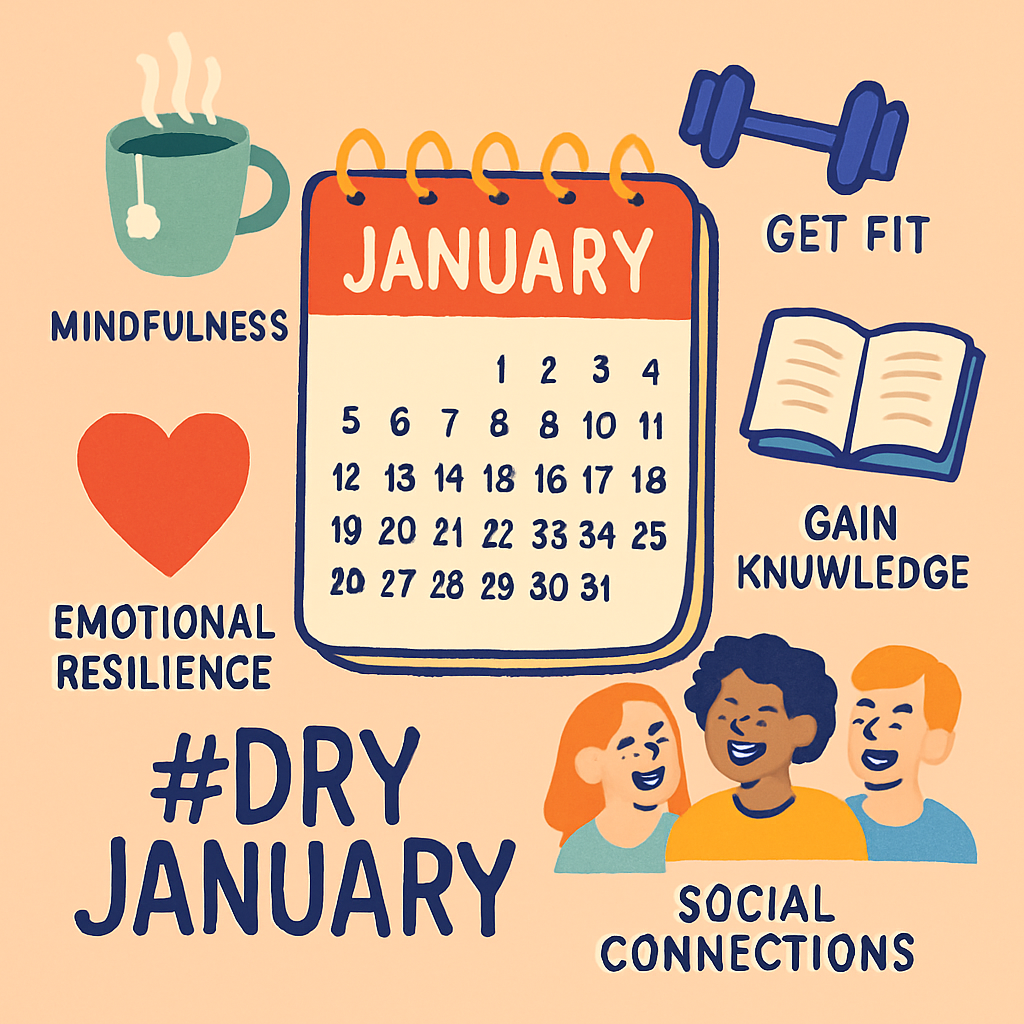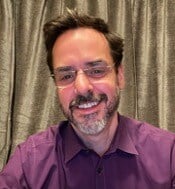Sean Murphy grew up on the East Coast in a family that had its share of problems with alcohol. His father and grandfather both struggled with alcohol use disorder, and as a result, an atmosphere of shame permeated the family psyche. After his parents divorced when he was young, he had little contact with his father.
His family history weighed on Sean. It became almost a palpable presence as he entered adulthood. He started drinking in his early 20s during college, going out with friends and bulldozing through the hangovers and negative consequences. He now recognizes that there were warning signs that he was more than a social drinker: “I knew I had a problem for a while, maybe 10 years.” But knowledge and action are two different things, and Sean continued to drink despite blackouts and poor decision-making through his 30s. Finally, a DUI charge brought him to a crossroads.
Sean knew he needed help, but from what he understood about the Alcoholics Anonymous program by virtue of his father’s experience with it, he didn’t think it was for him. The idea of powerlessness didn’t seem right to him. Instead, he reasoned, “I dug this hole and I need to climb my way out of it.” He decided to Google alternatives to 12-Step programs, and SMART Recovery popped up.
It was the scientific basis of SMART that resonated most, and its idea that we have the power within us to change our behavior and to choose to live differently. It’s not that Sean thinks faith in a higher power is wrong; in fact, he affirms the positive role it has for many people, including some in SMART. “If AA works for you, go for it. The important thing is that you succeed,” he says.
Sean strongly believes that SMART is inclusive and diverse enough that anyone can find a group that they can connect with, and that they can interact with SMART in whatever way they choose. “Even if you don’t feel like participating,” he says, “at least you can listen in.”
In a similar way, Sean points out, his experience as a participant and a meeting facilitator has shown that some SMART tools will resonate more than others, and that different ones become more important at different times in one’s recovery. However, Sean believes that ultimately it is the connection with the other people who you are on the SMART journey with that matter the most.
For Sean, one “aha moment” took place when he reframed his self-talk from saying “I am trying not to drink” to “I am not a drinker.” He calls it a Yoda-thing, after the Star Wars sage’s advice about trying versus doing. With SMART Recovery, Sean just does it.




